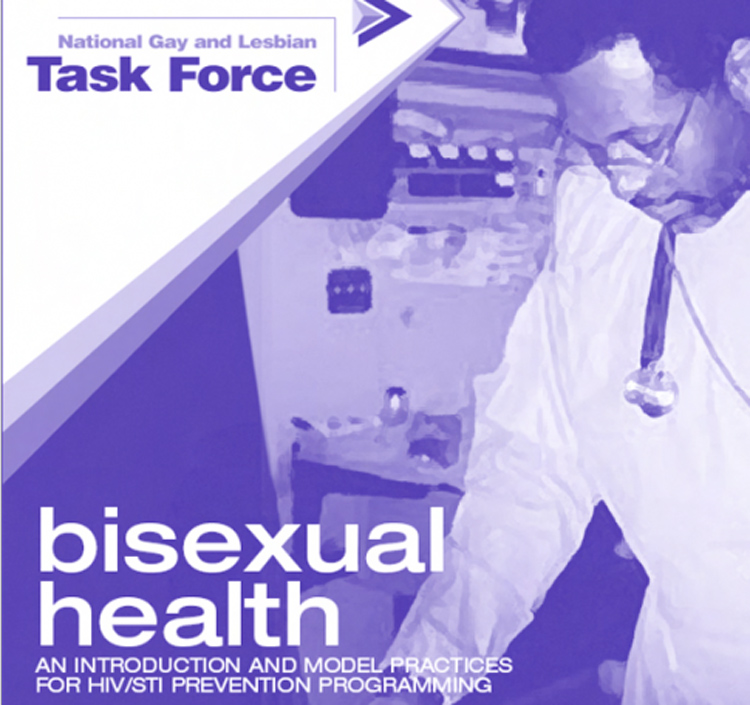By Mike Szymanski
Do bisexuals have health concerns that are different from everyone else, or ignored by the overall mainstream and gay and lesbian communities?
The quick answer is a resounding “yes.”
And certainly these issues are not so very obvious to the mainstream health practitioners, or the experts who handle only gay, lesbian and trans issues.
There are 10 major health concerns that are particular to bisexuals, as detailed in a National Gay & Lesbian Task Force Report.
- Some statistics show that bisexual youth in particular have more attempts at suicide and feel more alienated than even their gay and lesbian counterparts who have a growing social and support network around them. A suicide prevention study in Australia found that bi women and bi men have the highest percentages of suicide attempts (35 and 29 percents). Bi youth between 14 and 21, in a University of Minnesota study, were more likely to be suicidal than any other group.
- Because of the complex relationship between self-identity and behavior, studies intended to address the health needs of MSMW and WSMW do not always properly reach their targets.
- Bisexual women have higher rates of breast cancer, and bi women have the highest rate of never having a PAP test to screen for cervical cancer.
- Bisexual men who are in partnerships with women may tend to avoid the “bisexual” label and be more closeted, which could subject them to more unsafe sexual practices, dangerous situations and mental stresses that their heterosexual counterparts do not face.
- Bisexual women in clinical and community samplings have received lower standards of mental and health care.
- Bisexuals of any gender skew high on some studies for drug use, tobacco use, alcohol abuse and illegal drug activity. Bisexual women report the highest use of alcohol compared to hetero or lesbian women. Bi women also are shown to smoke cigarettes more.
- Questionable conversion or reparative therapies that supposedly convert people from same-sex attraction to opposite-sex attractions often ignore the possibility of bisexuality.
- Bisexual women are known to have a higher rate of eating disorders, and more of them are overweight and underweight in comparison to their hetero and lesbian counterparts.
- Bisexuals are generally an invisible group, forgotten, ignored or deliberately left out of studies, polls or medical questionnaires because it is more complicated or muddies the studies.
- Bisexual women have a higher likelihood of developing heart disease and greater risk factors for heart ailments.
- Closeted bisexual men could be more susceptible to Hepatitis, crystal meth use, HIV infection, sexually transmitted diseases and other concerns. A University of California, San Francisco study found that bi men are five times more likely to have used crystal meth than the general population.
- Bisexual women choosing to get pregnant, or seeking prenatal care have faced discrimination and outright rejection from the medical establishment.
- Bisexual men and women have higher levels of depression and anxiety than heterosexuals, and in some levels similar to or higher than lesbians and gay men.
To access the entire Bisexual Health Report, visit www.thetaskforce.org/reports_and_research/bisexual_health.
Excerpted with minor edits with author’s permission from an August 11, 2009 article in the Bisexuality Examiner. Mike’s articles can be found at: www.Examiner.com/x-3366-Bisexuality-Examiner.

